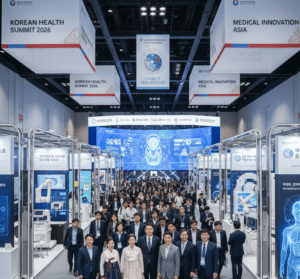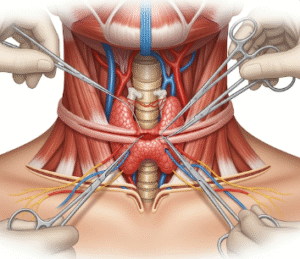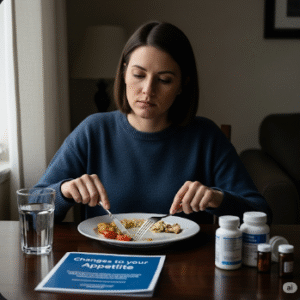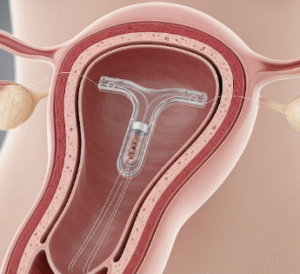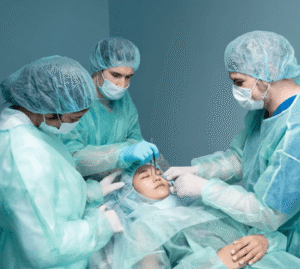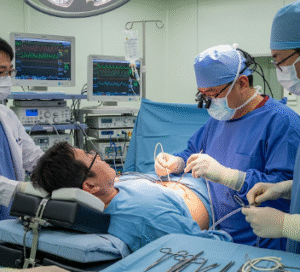Overview
Gastric cancer, also known as stomach cancer, is a disease where malignant (cancer) cells form in the lining of the stomach. It is one of the most common cancers in East Asia, including Korea, and often develops slowly over many years. Early detection can significantly improve treatment outcomes, but many cases are diagnosed at later stages due to mild or nonspecific symptoms in the early phase.
What is Gastric Cancer?
Gastric cancer occurs when cells in the stomach lining grow uncontrollably, forming tumors that can invade nearby tissues and spread (metastasize) to other parts of the body. The most common type is adenocarcinoma, which starts in the mucus-producing cells of the stomach.
Symptoms
- Persistent indigestion or heartburn
- Stomach pain or discomfort
- Loss of appetite
- Unexplained weight loss
- Nausea or vomiting (sometimes with blood)
- Feeling full after eating small amounts
- Fatigue
- Black, tarry stools (due to bleeding)
Causes
- Chronic infection with Helicobacter pylori
- Long-term stomach inflammation (chronic gastritis)
- Smoking and excessive alcohol use
- Diets high in salty, smoked, or pickled foods
- Family history of gastric cancer
- Certain genetic syndromes
- Previous stomach surgery
Risk Factors
- Older age (especially over 50)
- Male gender
- Family history of gastric cancer
- Infection with H. pylori
- Diet low in fruits and vegetables
- Smoking
- Certain genetic mutations (e.g., CDH1)
- Obesity
Complications
- Bleeding in the stomach
- Blockage of the stomach outlet
- Spread of cancer to nearby organs (liver, pancreas)
- Malnutrition due to poor appetite and digestion
- Metastasis to distant parts of the body
Prevention
- Eat a balanced diet rich in fresh fruits and vegetables
- Limit intake of salty, smoked, and processed foods
- Avoid smoking and excessive alcohol consumption
- Treat H. pylori infections promptly
- Maintain a healthy weight
- Undergo regular screening if at high risk (especially in Korea where screening programs are common)
Treatment Options in Korea
Korea is recognized globally for its advanced diagnosis and treatment of gastric cancer. Common treatment approaches include:
- Endoscopic Resection: For very early-stage cancers
- Surgery: Gastrectomy (partial or total removal of the stomach) with lymph node dissection
- Chemotherapy: Often used before or after surgery to shrink or eliminate cancer cells
- Radiation Therapy: Less common but sometimes used in combination with chemotherapy
- Targeted Therapy & Immunotherapy: Advanced treatments available in specialized cancer centers
- National Cancer Screening Program: Korea offers regular gastric cancer screenings (endoscopy or barium X-ray) for adults over 40, significantly improving early detection rates


